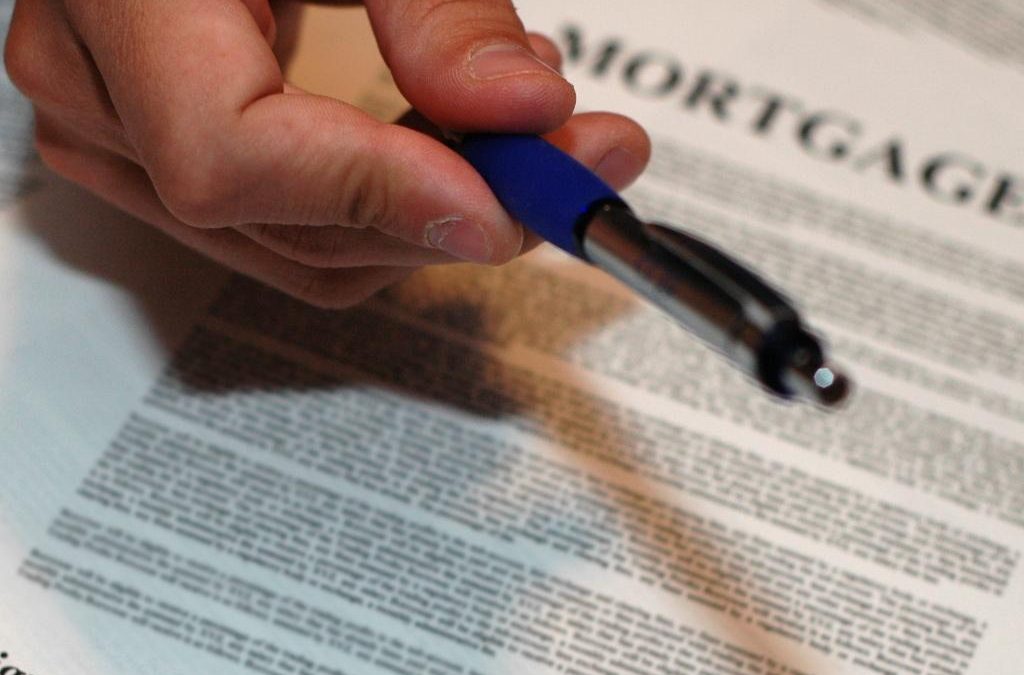If you’re like me (and probably the majority of the UK population) then you’ll probably identify with filing your tax return within inches of the 31st January deadline. In fact, hats off to those who do tackle it at the earliest opportunity with the view that once it’s done, it’s done.
However if you’re self-employed and looking to arrange a self-employed mortgage then filing your tax return as soon as you possibly can will not only showcase your organisational skills, but also place you in pole position when it comes to securing a mortgage, too.
Whilst the official deadline for filing your tax return is 31st January, the reality is that lenders want to see that you’ve submitted your accounts within 3-6 months of the end of the tax year. As a result, those making the deadline by a whisker – such as submitting it in January – may get refused a mortgage on the grounds that their accounts are out of date – or, at least they don’t represent their current (and arguably more accurate) status.
As an independent mortgage broker that specialises in contractor mortgages and securing mortgages for the self-employed, our advice is to make your tax return as current as possible.
You don’t necessarily need to have it filed by the 6th April, but in order to give yourself the best chance possible, and have your application considered by as wide a pool of lenders as possible – then certainly make sure you’ve submitted it by early October, otherwise you risk the majority of lenders rejecting your application or requesting more up to date accounts.
Whilst Complete Mortgages provides award-winning mortgage advice and access to the best mortgage deals, we can also compile the best case for self-employed people looking to get their foot on the property ladder.
Whether you’re self-employed and a first time buyer or looking to arrange a buy to let mortgage, we can help. Get in touch to find out how on 01483 238280 or email info@complete-mortgages.co.uk.
By Mark Finnegan, Director at Complete Mortgages



Recent Comments